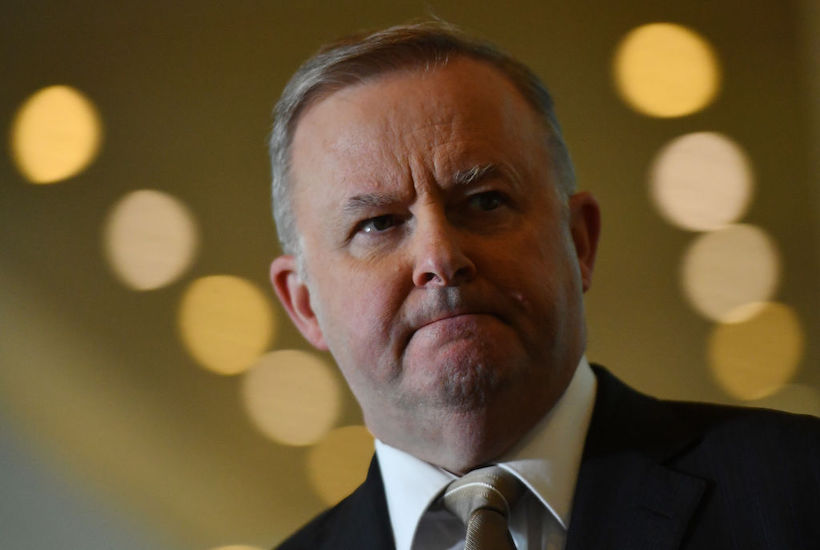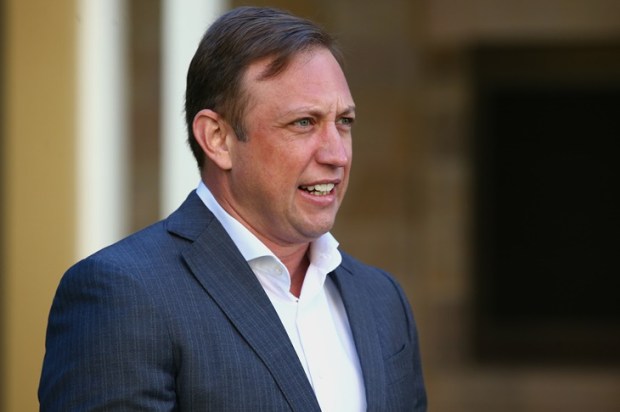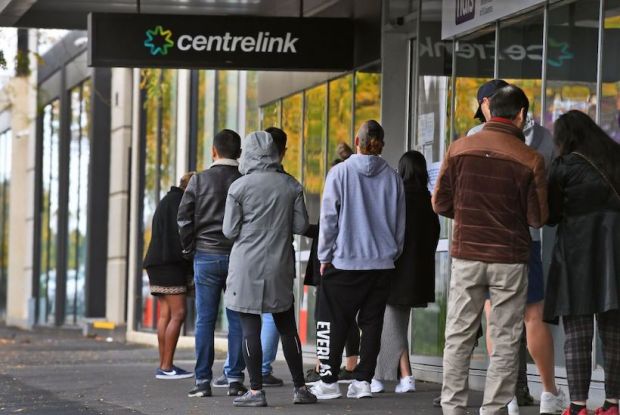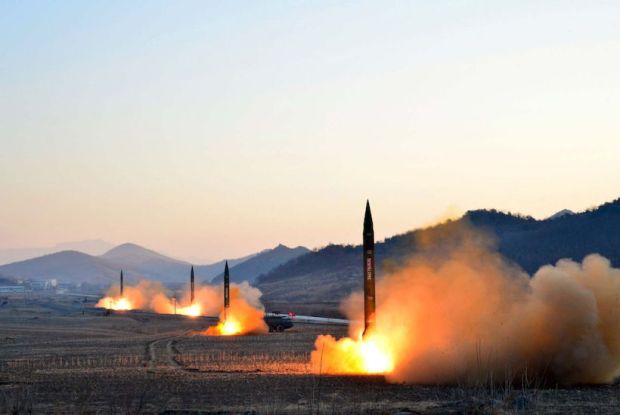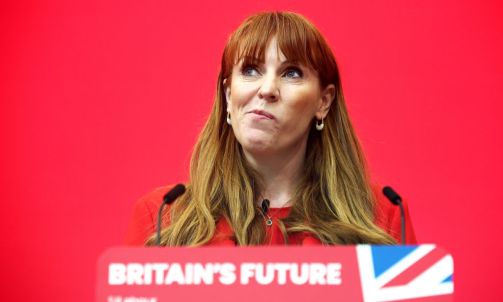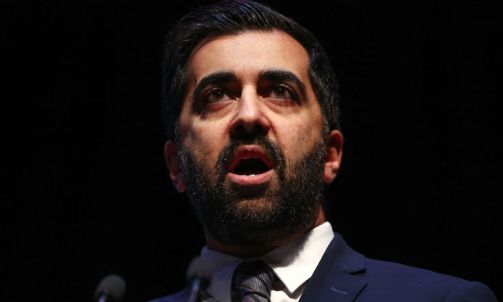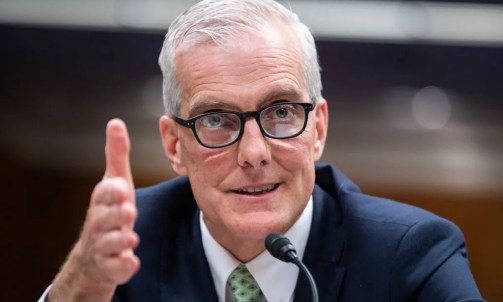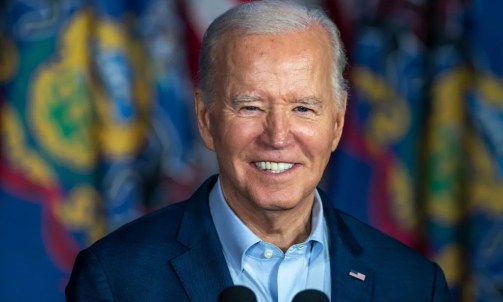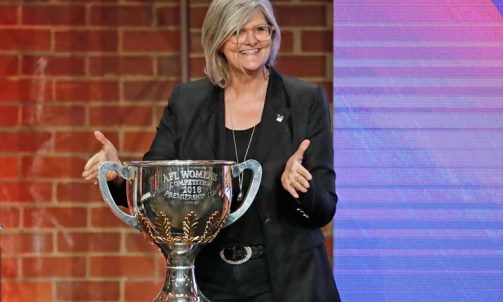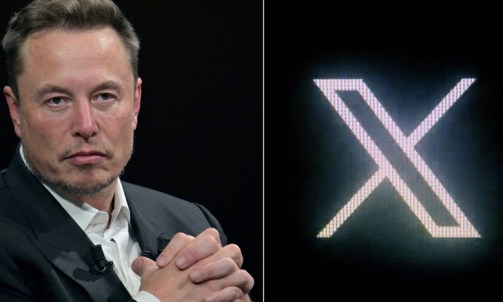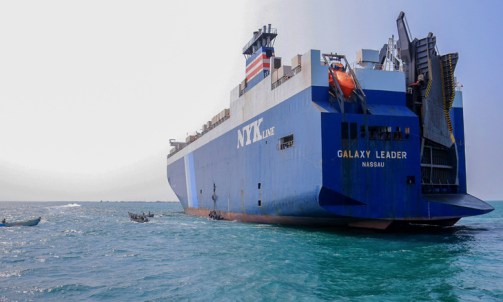Despite the Morrison governments various missteps and scandals since the election in May last year, opposition leader Anthony Albanese has never really managed to cement a significant advantage in the polls or maintain political momentum for a sustained period.
Now with the resignation of Eden-Monaro MP Mike Kelly, a well-liked and widely respected local member in one of the most marginal seats in the nation – Labor by less than one per cent — Albanese’s leadership faces a real test.
On paper, history is on Labor’s side. No opposition has lost a seat to a sitting government in a century.
But this factor only raises the stakes for Albanese. Losing Eden-Monaro would be a significant blow to his leadership, potentially further exposing the fault lines within Labor that have been unearthed since Bill Shorten’s departure from the leadership.
With such big-name challengers potentially in the running to contest the seat, such as NSW Deputy Premier John Barilaro, NSW Transport Minister Andrew Constance — both popular state members in the region — and Liberal Senator Jim Molan, the race for Eden-Monaro is well and truly live.
Labor’s likely candidate is Bega Mayor Kristy McBain, who has already won Albanese’s endorsement for preselection. Historically a local mayor can often be a strong asset in a contest for a federal seat — particularly one so hit first by drought, then last summer’s bushfires — but with Eden-Monaro covering over 42,000 square kilometres, this advantage may be somewhat negated.
Given the uncertain and chaotic times we live in, it’s hard to say how the Labor Party room may react to a defeat in Eden-Monaro.
However, after almost a year as opposition leader, Albanese has so far largely failed to make his mark in the job, particularly when contrasted with his fiery reputation and committed policy stances as part of the Labor frontbench.
Despite his electoral shortcomings, Bill Shorten ran an extremely tight ship in his time as Labor leader. After six years of instability during the Rudd-Gillard-Rudd era, Shorten engineered an enviable amount of unity within the federal ALP.
But with Shorten’s departure that came to an end. Albanese has faced more public disagreement from within the Labor party room than Bill Shorten did at this point in his time at the wheel.
Ultimately Albanese faces a significant test of his leadership at a time when Labor is trying to redefine itself as the coronavirus crisis response of the Morrison government blurs the usually very clear ideological lines that define the differences between the two major parties.
Got something to add? Join the discussion and comment below.

